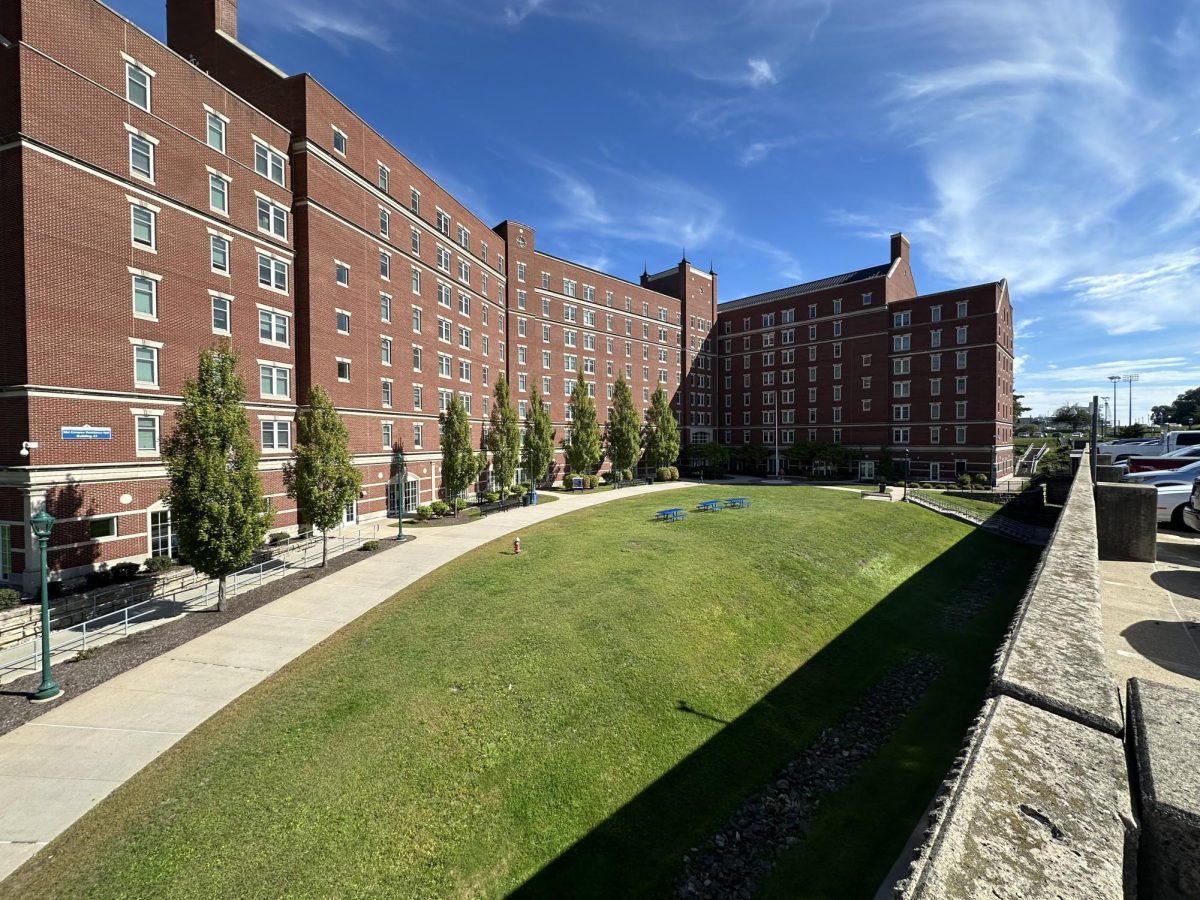By Jonathan Stankiewicz
We’ve all heard the word, but some of us don’t know what it actually means. It’s been a hot topic lately, so let’s take a look at what is causing such a stir.
The purpose of tenure, according to the CCSU-AAUP contract “is the protection of academic freedom. It remains incumbent upon the member to maintain and improve professional competence, professional growth, and the excellence which occasioned the grant of tenure to the member.”
Full-time appointments come in three types of appointments: regular, special, and final.
The most common being regular appointments, begin with an initial probationary period followed by the opportunity to apply for and receive tenure before the end of the faculty member’s seventh year of service.
“You can apply for tenure at any time,” said Jason Jones, Jason Jones, president of the CCSU chapter of the American Association of University Professors. “However, you have to apply by the start of the 6th year of service. It’s most common for people to apply in the 6th year.”
Full-time faculty members can be hired at and promoted through four ranks: instructor, assistant professor, associate professor and full professor. In general (but not always), these are the differences between the four ranks:
- Instructors have a master degree in the appropriate field
- Assistant professors have a doctorate (or other terminal degree) in the appropriate field.
- Associate professors have a doctorate (or other terminal degree) in the appropriate field, as well as at least 5 years full-time as an assistant professor (or higher rank) at a college or university.
- Full professors have a doctorate (or other terminal degree in the appropriate field, as well as at least 5 years full-time as an associate professor (or higher rank) at a college or university.
It should be noted that years in rank do not get you promoted. Faculty have to go through the promotion and tenure process.
At CCSU, most full-time faculty with regular appointments are hired as assistant professors and work their way through the ranks, according to Faculty Senate President Candace Barrington.
A candidate who doesn’t meet the standards of the ranks above “may also be appointed or promoted to a rank listed above provided the candidate has credentials and/or experience substantially comparable to the listed standards,” says AAUP contract.
In order to be rehired each year through the probationary period, to receive tenure, and to be promoted through the ranks, faculty members are evaluated according to four criteria, weighed in this order:
- Load-credit activity, which is teaching for most CCSU teaching faculty, though it can also include chairing a department or other service to the university that requires release from the usual teaching duties.
- Creative activity, which includes scholarship, research, performance or other activities pertinent to the faculty member’s field.
- Productive service to the department and university, which includes serving on committees and other formed of shared/faculty governance.
- Professional activity, which includes attending and participating in conferences and workshops.
The evaluation of tenure may be considered in any year of the probationary period if the faculty member requests. Where that faculty member will be reviewed by their department, dean, and provost. “Denial of tenure prior to the sixth year of service will not prejudice subsequent applications for tenure” and will not be interpreted as a ground for termination, but will be on that faculty member’s permanent record. The Department Evaluation Committee “must evaluate a non-tenured full-time member for tenure in the [faculty] member’s sixth year of credited service.”
It needs to be noted that: “A full-time [faculty] member in the sixth year of employment who does not receive a notice of denial of tenure as specified in this section shall be deemed to have been awarded tenure.” When a faculty member applies for promotion or tenure, however, faculty are reviewed additionally by the university-wide Promotion and Tenure Committee, which involves significantly more documentation, said Jones.
After a faculty member has been tenured they are reviewed every six years, regardless of whether they go up for promotion or not, added Jones.


